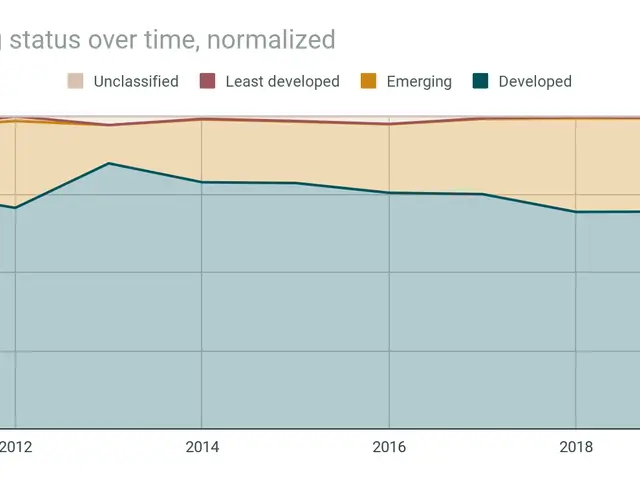In a French courtroom, a former Rwandan gynecologist received a 24-year prison sentence for his role in the infamous 1994 genocide. The medical professional, who relocated to France in 1994 and has continually denied the accusations, promptly announced an appeal against the verdict. The public prosecutor's office had pushed for a 30-year sentence, alleging the doctor's close ties to the Rwandan interim government, which was responsible for the mass murder of the Tutsi ethnic group.
The broader context of this case demonstrates France's commitment to international justice, having previously handing down sentences of up to 30 years to five individuals for their involvement in the same atrocities. On a parallel note, Belgium convicted two Rwandan nationals for their part in the genocide on the same day as the French verdict, with sentences of life imprisonment looming.
Recent events in Rwanda highlight another notable figure in the harsh climate of war-time justice. Dr. Paul Rusesabagina, the manager of the famed Hôtel des Mille Collines during the genocide and a symbol of resilience, was convicted on terrorism-related charges in Rwanda in 2021. Despite denying the charges, he was sentenced to 25 years in prison.
While this article focuses on the French judgment, it's important to note that the Rwandan genocide ultimately resulted in the tragic loss of approximately 800,000 lives, mostly from the minority Tutsi ethnic group and moderate Hutus. Though this case represents only one chapter in this complex history, its verdict echoes the international community's resolve to address and learn from past horrors, ensuring that the atrocities of the genocide are never forgotten or repeated.








